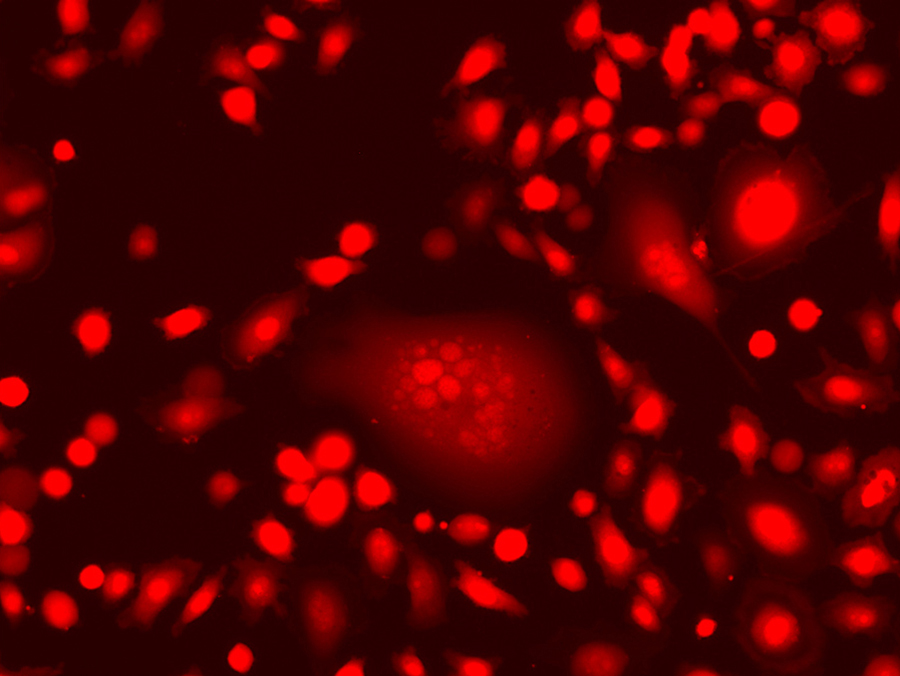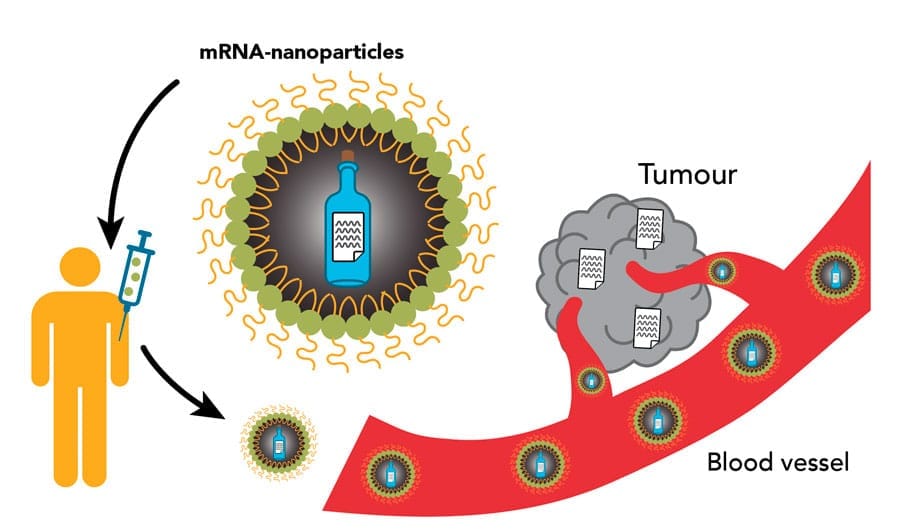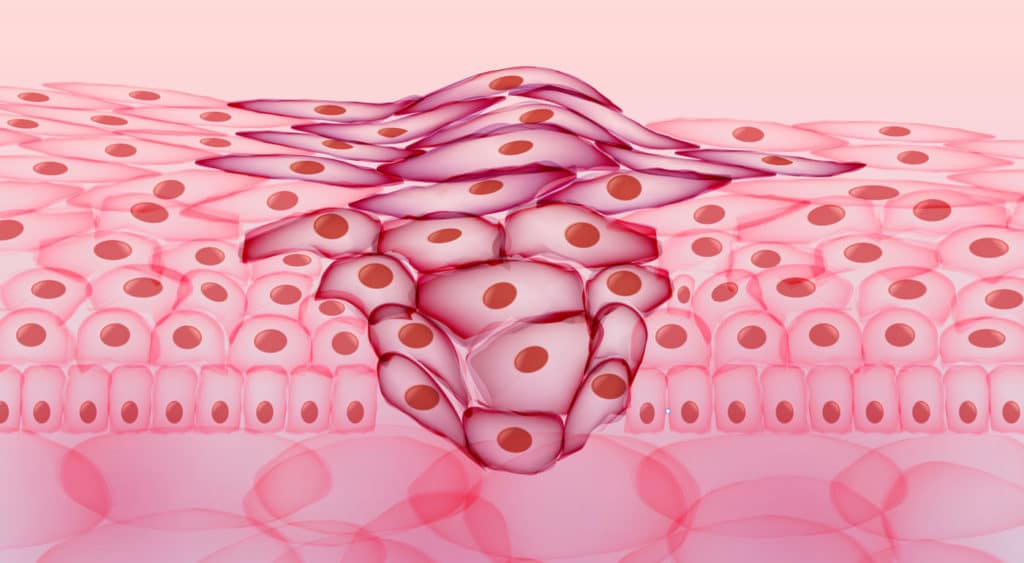Tag: metastasis
Shedding light on liver metastasis in pancreatic cancer

Pancreatic ductal adenocarcinoma (PDAC) is an aggressive and lethal malignancy, largely as a result of its early spread, or ‘metastasis’, to the liver. Dr Tami Rubinek and Professor Ido Wolf, of the Oncology Division of Tel Aviv Medical Center, Israel, have extensively studied the molecular mechanisms behind liver metastasis in patient tumour samples. They revealed that the absence of certain […]
Read More… from Shedding light on liver metastasis in pancreatic cancer
AMP-activated kinase as a therapeutic target in prostate cancer

Pharmacological treatment of prostate cancer has advanced significantly in recent years. However, while the newest therapies are initially effective in reducing tumour size, most patients eventually develop drug resistance and the recurrence of malignant spread. Professor Inés Díaz-Laviada and her team at the Alcala University in Madrid, Spain, have demonstrated that long-term treatments may induce the transformation of cancer cells […]
Read More… from AMP-activated kinase as a therapeutic target in prostate cancer
The adaptive cancer cell: How metastases evolve to resist treatment

Species adapt to survive in a changing environment through the process of evolution. Evolutionary processes can also take place at the cellular level. Dr Sarah Amend of Johns Hopkins University, Baltimore, USA, is investigating poly-aneuploid cancer cells (PACCs). These large, DNA-laden cells, which are more common in metastatic cancer, develop evolvability: the capacity to evolve. Dr Amend believes that targeting […]
Read More… from The adaptive cancer cell: How metastases evolve to resist treatment
Towards a quantitative personalised oncology

Dr Heiko Enderling from Moffitt Cancer Center, together with researchers from the Polish Academy of Sciences and the Helmholtz Centre for Infection Research, focus on Mathematical Oncology, and radiotherapy in particular, highlighted by the interconnectivity of metastatic disease through a patient’s immune system. Studies show that different radiation doses induce anti-tumour immunity at different strengths. This prompted the research team to develop […]
Read More… from Towards a quantitative personalised oncology
A career in cancer

Dr Bruce Zetter is the Charles Nowiszewski Professor of Cancer Biology at Harvard Medical School. He is known internationally as an expert on cancer biology, diagnosis and treatment. He currently works to find treatments for highly aggressive, metastatic cancers and also serves as an advocate for young scientists and for improved relationships between academia and industry. Dr Bruce Zetter started […]
Inhibiting cancer stem cell survival in the hostile tumour environment

Wouldn’t it be great if a small non-toxic molecule could be used to treat cancer? By investigating the possibility of using a cancer cell’s own physiology as a weapon against it, Dr Shoukat Dedhar, at the University of British Columbia, is developing a new treatment that could help prevent tumour growth and metastasis. Every two minutes, someone in the UK […]
Read More… from Inhibiting cancer stem cell survival in the hostile tumour environment